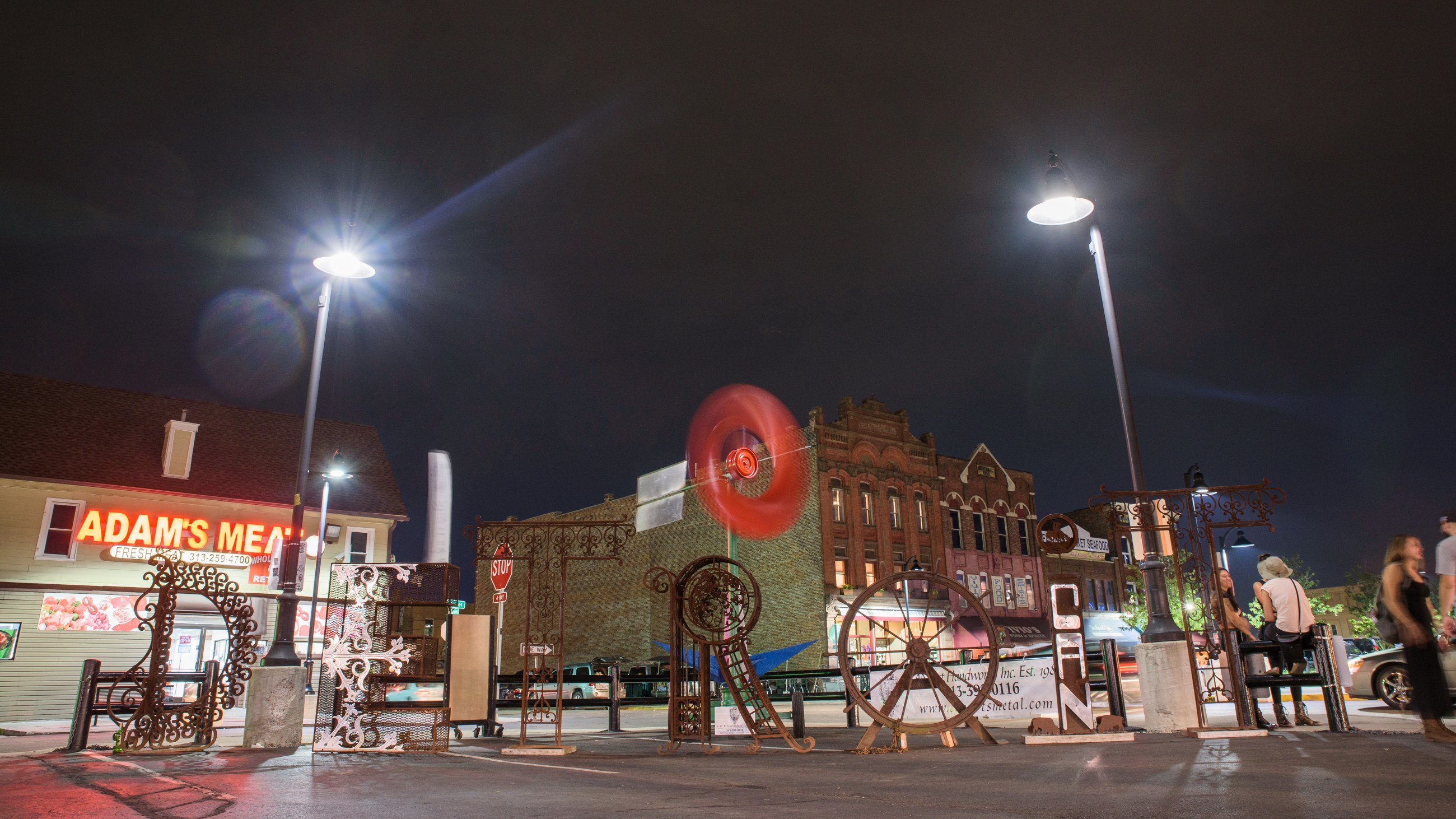Photo of RiverWalk in downtown Detroit: licensed under CC BY-NC-ND 2.0 from Michigan Municipal League without manipulation.
DETROIT—April 12, 2018—To help drive local decision-making that represents the needs and preferences of all Detroit communities, the John S. and James L. Knight Foundation today announced $761,000 in support to University of Michigan researchers to collect the opinions of residents on the city’s most pressing issues.
“Credible and reliable public opinion information is essential to local decision-making that reflects community needs,” said Katy Locker, Knight Foundation program director for Detroit. “This effort will provide leaders with a view into what people value in their communities, opening avenues to build consensus, spark democratic engagement and ensure that all resident voices get fair representation in public debates.”
Launched in 2016, the Detroit Metro Area Communities Study is led by researchers at the University of Michigan. The survey model leverages state-of-the-art scientific methods and is unique in its scale, providing deep insights across the entire city to ensure that diverse voices are incorporated into decision-making. Examples of topics covered in the survey include: quality of life, priorities for change in the metro area, the impact of recent investments on different populations, sense of community and social cohesion, transportation and mobility, public safety, policing, the role of government and trust in government institutions, views on inequality and race relations, and healthcare.
The Knight Foundation award will allow the university to conduct nine additional surveys over the next three years, to expand its participant panel and to disseminate policy-relevant findings more broadly.
The information will be used by city officials, nonprofits, business leaders and philanthropies to inform program development, guide investments in physical spaces and craft public policies that better reflect the interests of Detroit residents. It will also be publicly accessible.
“Policy solutions and community investments lose force when they don’t stand up to the needs or expectations of citizens,” said professor Elisabeth Gerber, associate dean for research and policy engagement at the university’s Gerald R. Ford School of Public Policy and principal investigator on the project. “Community leaders across the city need and want honest feedback on the challenges residents face and the ways new programs and policies are affecting them. But collecting that information in an accurate and representative way can be challenging.”
Gerber and her co-investigators, including Professor Jeffrey Morenoff, director of the Population Studies Center at the Institute for Social Research, and Conan Smith, Washtenaw County commissioner and lecturer at the Ford School, see the study as a way to gather meaningful community feedback while drawing out voices that are rarely heard and setting a new standard for survey collection.
The survey is primarily designed as a tool for Metro Detroit decision-makers. At the same time, it benefits University of Michigan students, who obtain practical experience in survey methodology, and scholars, who can access the aggregate data to understand and address a wide range of social challenges.
Thanks to early stage support from the Kresge Foundation, the University of Michigan’s Office of the Vice President for Research, and Poverty Solutions at the University of Michigan, the Detroit Metro Area Communities Study model has been carefully designed and field tested over the past three years.
Throughout that period, the research team engaged dozens of local stakeholders and people who will use the data through advisory boards and community partnerships to help design the study’s approach and content. In addition, the researchers worked with more than 30 government, nonprofit and academic partners to ensure that the data collected would help to inform future work.
Nearly 1,000 Detroit residents have been surveyed to date, and the survey team has worked with Poverty Solutions at the University of Michigan to develop and circulate a number of reports on early findings. These publicly-available reports address community perspectives on a variety of topics for local government leaders, and more.
Support for this effort is part of Knight Foundation’s efforts in Detroit to promote democratic engagement and community information. Since 2008, Knight has pledged more than $100 million to Detroit.
About the John S. and James L. Knight Foundation
Knight Foundation is a national foundation with strong local roots. We invest in journalism, in the arts, and in the success of cities where brothers John S. and James L. Knight once published newspapers. Our goal is to foster informed and engaged communities, which we believe are essential for a healthy democracy. For more, visit http://knightfoundation.org.
Contact
Anusha Alikhan, Knight Foundation, 305-908-2646, [email protected]
